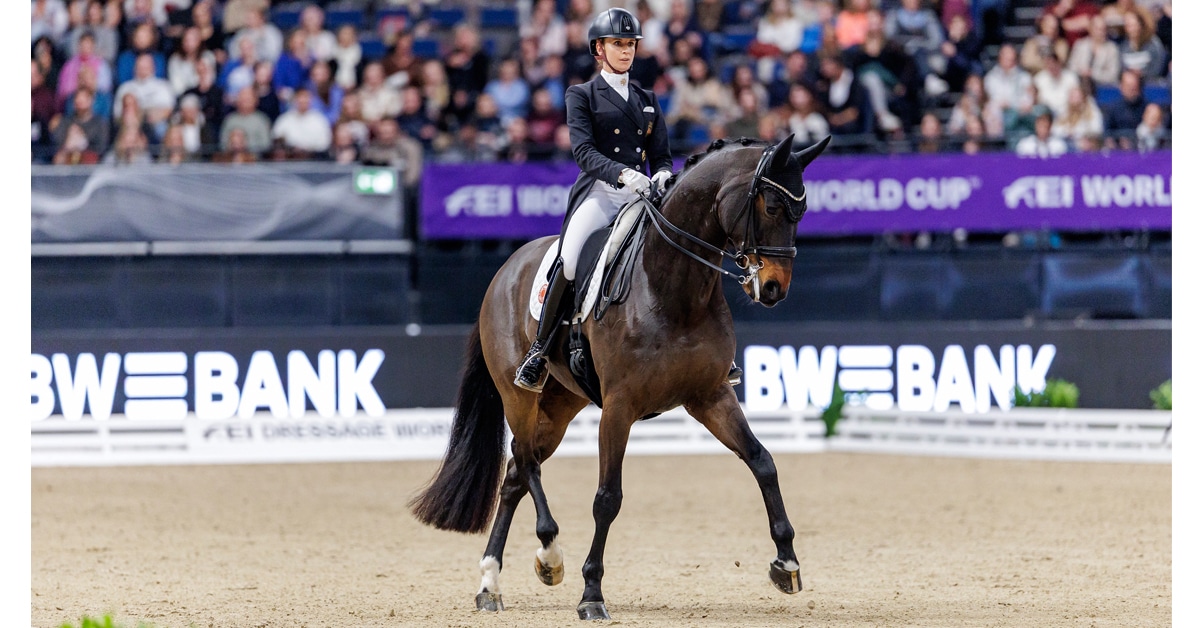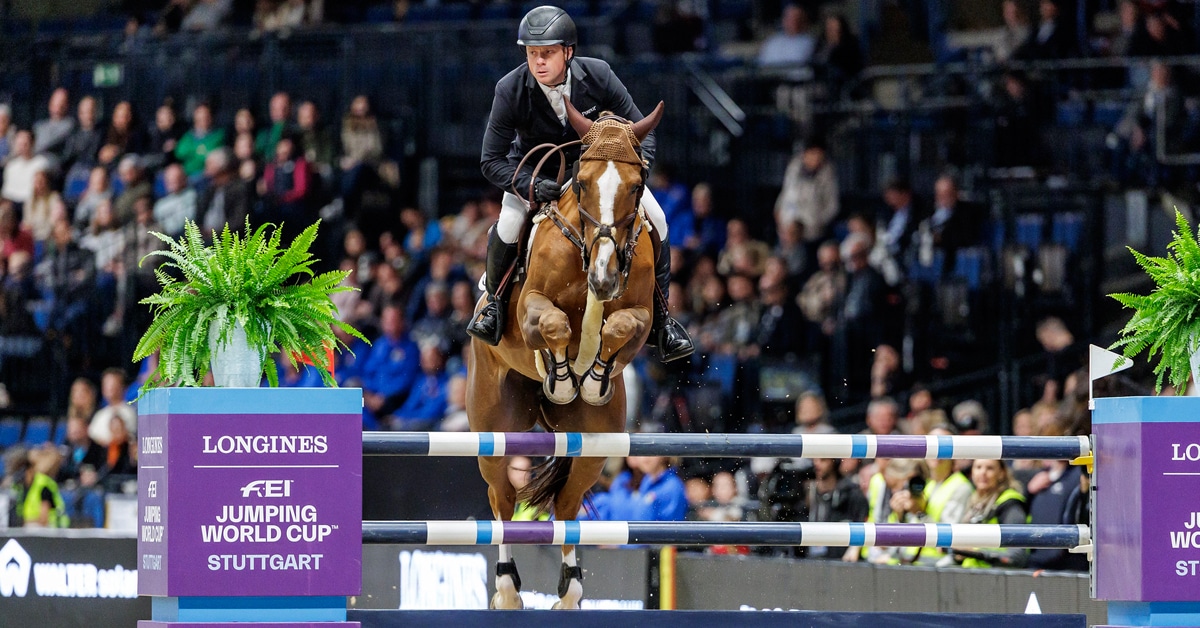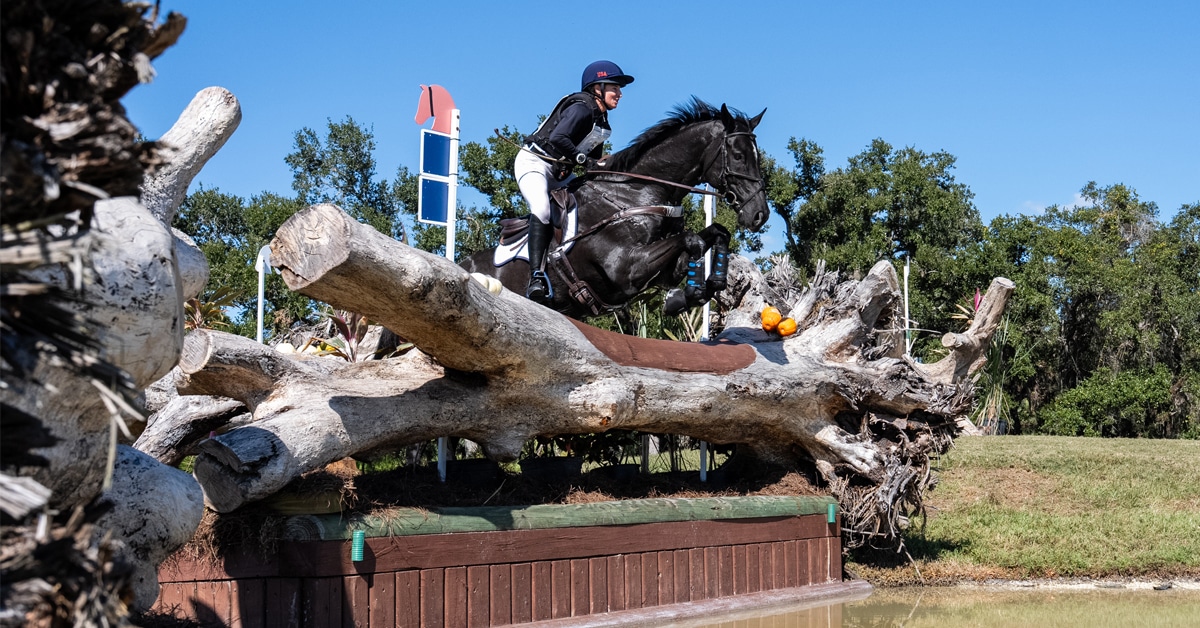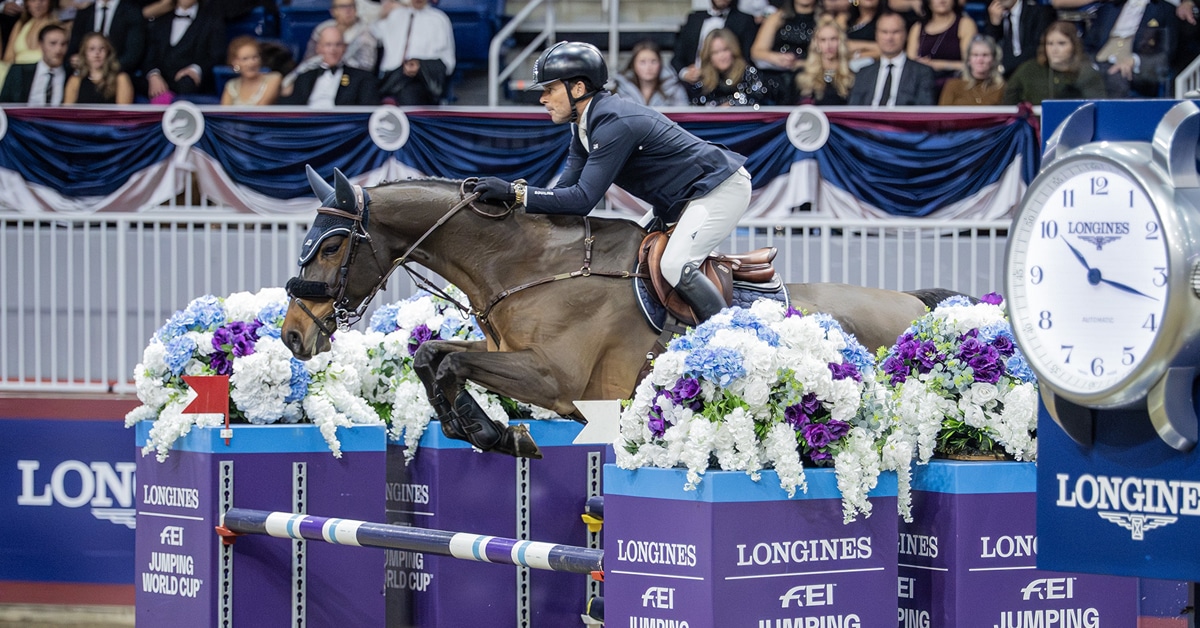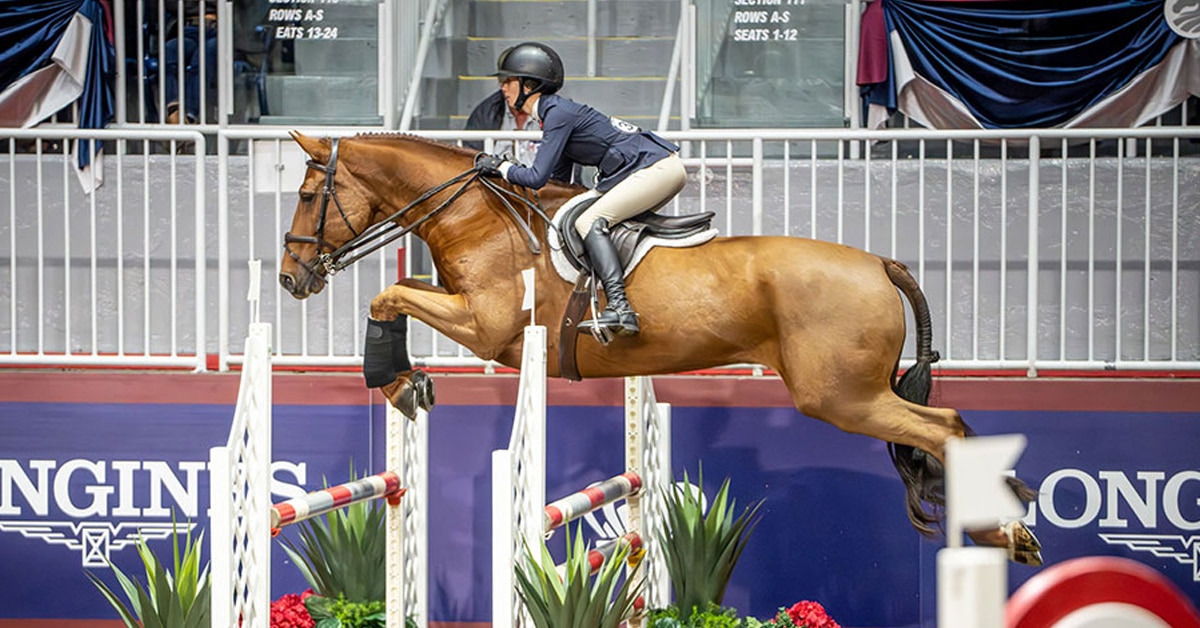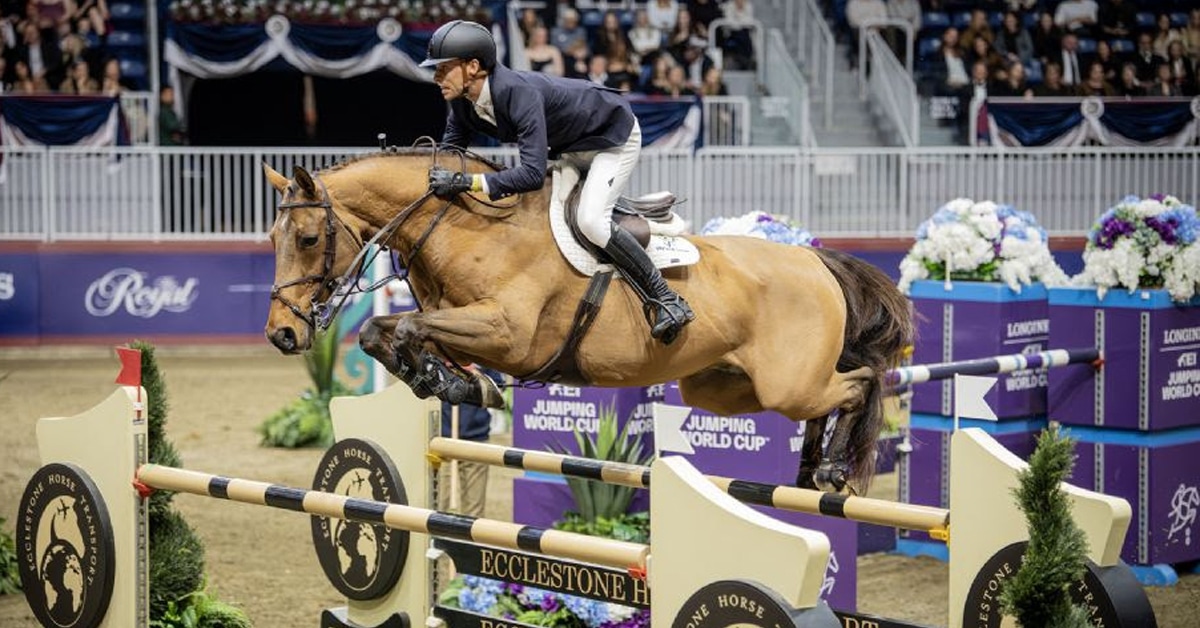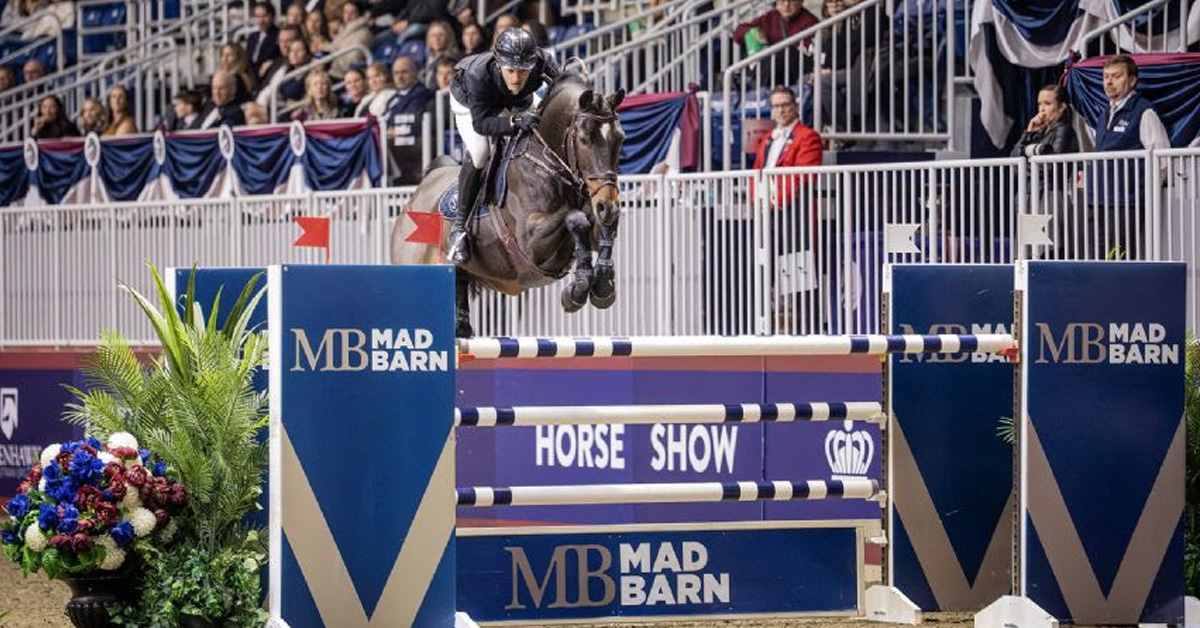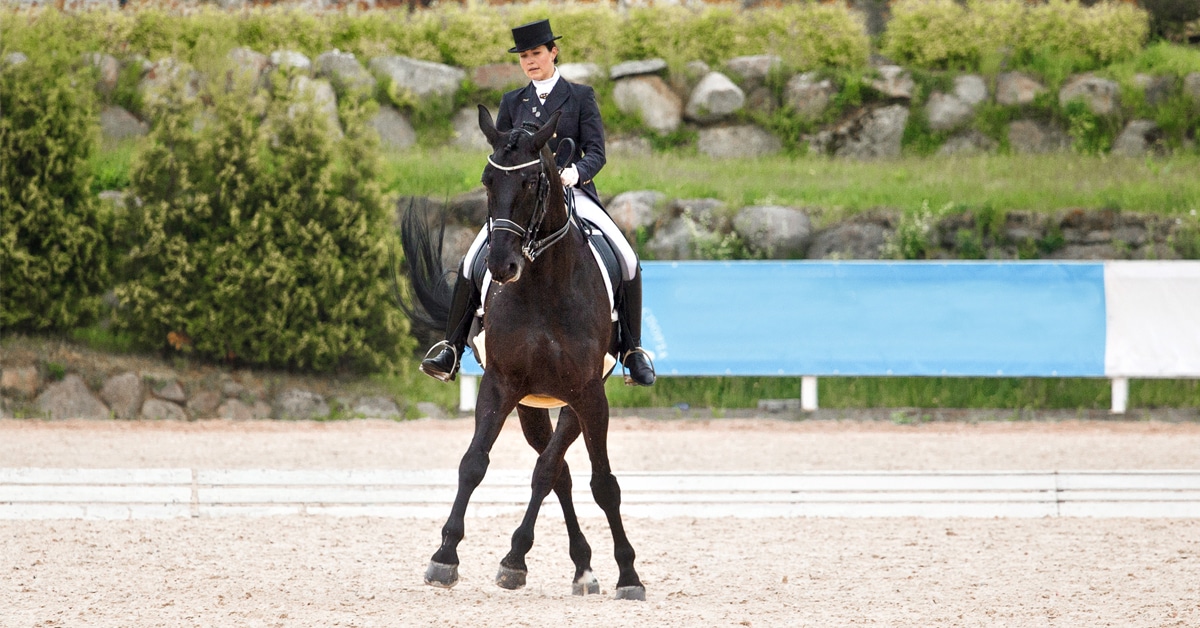Beginning in January, both British Dressage (BD) and British Riding Clubs (BRC) will implement significant rule changes aimed at supporting horse welfare, rider confidence and fairer competition. Central to these revisions is the newly-permitted use of discreet vocal aids in dressage tests, alongside BRC’s decision to make nosebands optional. The moves follow rider feedback and have been widely welcomed across the sport.
BRC’s update allows competitors to use subtle voice cues — such as tongue clicking — to complement their natural riding aids. The organization emphasises that any sound must remain unobtrusive so as not to disturb judges, other riders, or horses. According to BRC, the adjustments are part of its ongoing effort to maintain best practice and ensure safety and welfare at all its events. Early responses from riders have been enthusiastic, with many noting that their horses are accustomed to hearing quiet verbal cues during everyday schooling and find them reassuring in a competitive setting.
The revised BRC handbook also removes the compulsory use of nosebands in dressage. Supporters of this change believe it gives riders greater flexibility to choose tack that suits each individual horse, potentially improving comfort and welfare. Trainers have praised the decision for encouraging a more horse-centred approach. Some instructors noted that they routinely teach students to use their voices as a confidence-building tool, yet previously had to remind them to stay silent in the arena. They view the new rules as aligning competition practice more closely with common training methods.
BD has introduced its own version of the vocal-aid rule for regular competition. The decision emerged after the governing body invited suggestions from members while developing its 2024 equine welfare action plan. Among the ideas submitted was a proposal to allow quiet voice aids to support the development of young or inexperienced horses. The BD board and technical committees unanimously approved the concept, agreeing that subtle vocal cues could be helpful as long as they do not disturb activity in nearby arenas. The rule will apply across normal BD competitions, including pony and young horse classes, but will not extend to major championship levels such as regionals, Area Festivals or national finals. Full details are due to be published for members at the start of December.
Riders and coaches have responded positively to BD’s decision. Experienced competitors note that the voice has always been regarded as one of the natural aids, used alongside the seat, legs and hands to reinforce signals. Many point out that riders have long relied informally on a soft “whoa” or gentle click, although they previously had to be careful not to be overheard by judges. Allowing subtle voice cues is seen as helping to level the playing field, as outdoor conditions often mask quiet sounds while indoor settings make them more easily detected. From a training perspective, professionals suggest that vocal aids can support clearer communication when used sparingly, although, like any aid, they lose effectiveness if overused.
These changes follow BRC’s 2022 update permitting black or navy breeches in competition to help riders feel more comfortable. The FEI’s new noseband measuring device will also be introduced at the national level from 2026. Taken together, the latest revisions reflect a broader shift toward welfare-driven policy and a more supportive, confidence-building environment for both horses and riders.
More News
